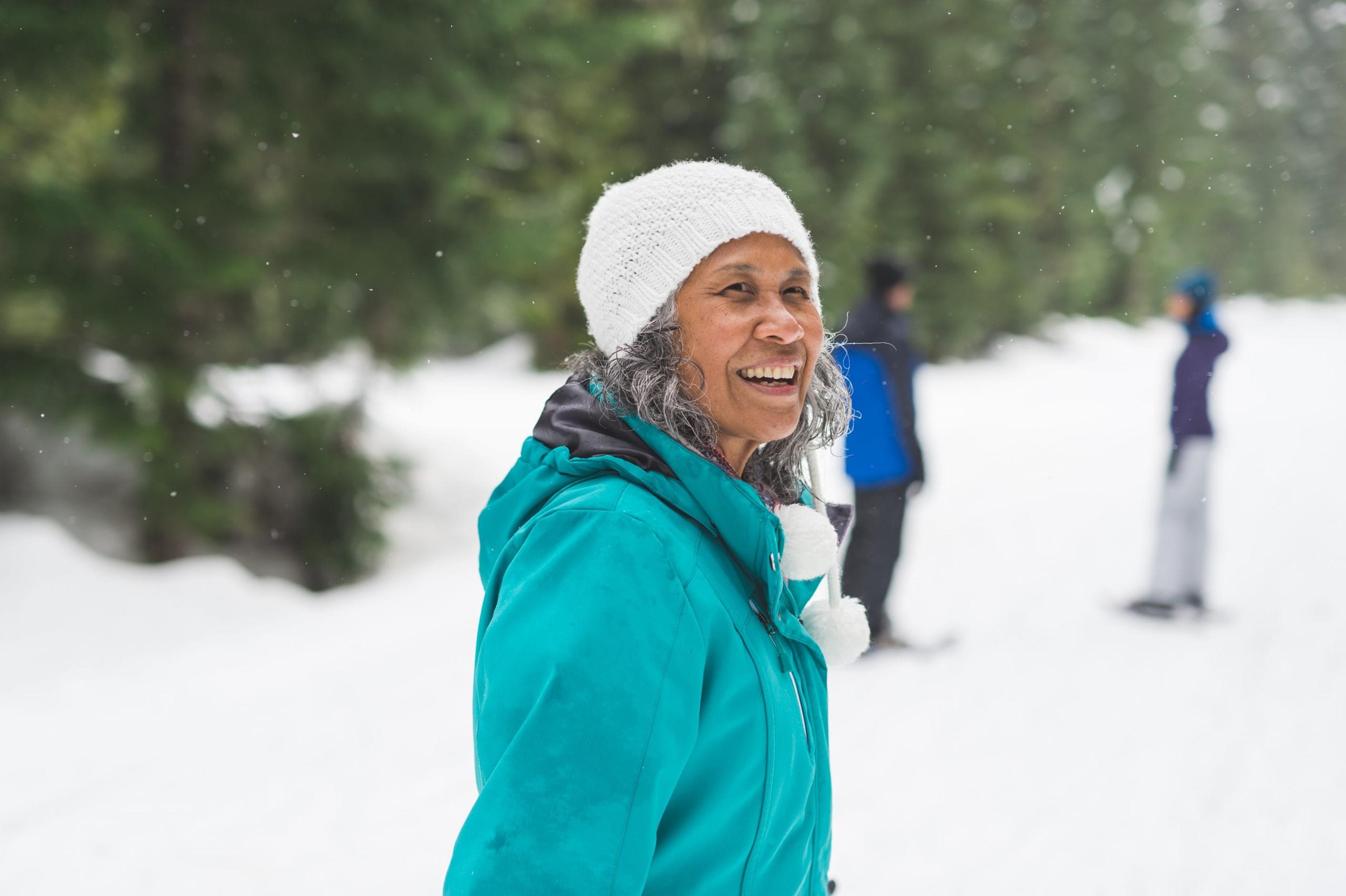
Winter in Michigan brings snow, outdoor sports and fun. Unfortunately, the cold weather also brings physical dangers that can affect one of Michigan’s most vulnerable populations: seniors. Here are five health risks that rise for seniors at this time of year:
Heart Attack
During the winter months, older adults, particularly those with a history of cardiovascular disease, are at a higher risk for heart attack. Cold air causes blood vessels to constrict and increases blood pressure. Activities such as snow shoveling or other outdoor exercise can cause additional strain leading to overexertion and heart attack. Being aware of the risk and taking precautions that can be as simple as hiring someone to keep the walk and driveway clean can be lifesaving.
Slips and Falls
Many seniors have muscle weakness, impaired hearing, decreased vision, slowed reflexes, poor balance, other types of disability and may use an aid such as a walker. These factors increase the risk of falls, a leading cause of injury and death in the elderly. Snow and ice increases the risk. Awareness and precaution are extremely important while navigating snowy or icy conditions to reduce the chance of a fall.
Frostbite
Individuals who smoke, take beta-blockers, have poor blood circulation or diabetes, are more likely to get frostbite. Poor circulation makes it difficult for blood to reach and warm the extremities. This can lead to frostbite with destruction of tissue. Frostbite can occur and spread at an alarming rate.
Numbness, skin discoloration (white, gray, yellow, red), or skin with a firm or waxy feel are symptoms. Rubbing affected areas with snow is an old wives’ tale and should not be done because it causes more damage. Getting the patient out of the cold, wrapping the affected area with warm clothing, warming it with body heat and getting to a physician or hospital is the best course.
Hypothermia
With age, it becomes more difficult to maintain normal body temperature. Senior citizens frequently have decreased blood flow, slower metabolism and illnesses that can cause them to lose body heat. Additionally, with age there is a loss of muscle (sarcopenia) and since muscle generates heat, older people may be susceptible to cooler temperatures that may not bother younger people. (This is also the reason why some elderly people bundle themselves up and turn the heat up in August.)
The result of these points is that colder weather increases the chance of developing hypothermia (low body temperature) a drop in core body temperature below 95°F. This may cause shivering, stiffness in limbs, sleepiness, slurred speech, abnormal heart rhythms and if not treated - death. The most important thing is to first suspect what is happening, get them out of the cold, bundle them up and take them to a physician or hospital as quickly as possible.
There are some things that many believe about hypothermia that are incorrect. First, alcohol may make someone feel warmer, but it makes blood vessels expand, results in more rapid loss of heat and can make hypothermia worse. Second, many thermometers, especially glass ones, may not be able to read lower temperatures.
Influenza
Peak flu activity often occurs between December and February, with some cases appearing as late as May. Due to their weakened immune defenses, adults 65 and older have a greater risk of contracting the flu and developing serious health complications. The Centers for Disease Control and Prevention reports that seniors account for 70 to 90% of flu-related deaths and 50 to 70% of flu-related hospitalizations. Vaccination is simple and effective in most people.
Prevention Tips
- Stay covered: Dress for warmth by wearing layers, and investing in a hat, gloves, and boots with solid traction.
- Get the flu shot: Studies show that vaccination can greatly reduce the risk of illness.
- Winterize your home: Maintain a room temperature of at least 68°F to 70°F. Also, make sure every window is covered and walls are properly insulated.
- Stay active: One of the best ways to keep your heart in top form is engaging in regular exercise. It builds stamina, strengthens the lungs and can lower your risk of heart disease.
Photo credit: Fat Camera





